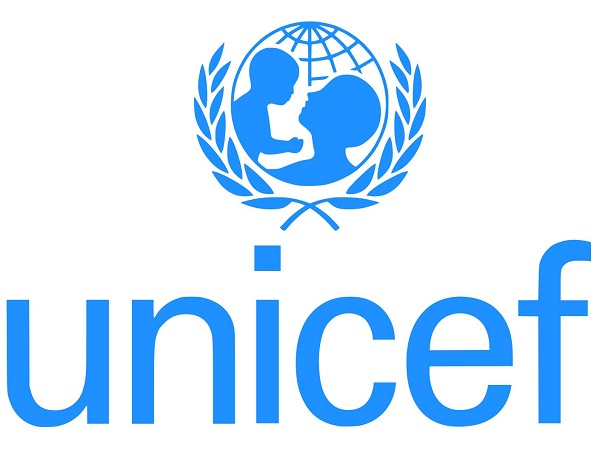
A recent study conducted by the United Nations Children’s Fund (UNICEF) has revealed that the ongoing conflict in northeast Nigeria has incurred an economic cost of approximately US$100 billion. Even if the conflict were to cease immediately, these costs would continue to accumulate over time.
The study emphasised that this conflict must be recognised as a nationwide impediment to development, underscoring the need for swift interventions to halt violence and grave violations, as doing so would yield significant development benefits.
Furthermore, the study highlighted the importance of upholding human rights, particularly the rights of children and the long-term negative consequences of rights violations on both individuals and society as a whole.
During the launch of the “Economic Cost of Conflict in Northeast Nigeria Report” in Abuja, Governor Babagana Zulum of Borno State, represented by his chief adviser, Amb. Adamu Abbas, stressed that the economic cost of armed conflict is not merely a collection of financial data but a reflection of its impact on the affected population. He urged for a robust, multi-sectoral approach that prioritises children’s well-being.
UNICEF representative in Nigeria, Ms. Cristian Munduate called attention to the broader repercussions of the ongoing conflict, stating that even if there is a reduction in its effects over the next decade, Nigeria still faces significant cumulative losses. The extended duration of the conflict could hinder the nation’s economic potential, endangering future prosperity.
Munduate emphasised the urgency of ending the conflict, highlighting that the future of Nigeria’s children and economic growth is at stake. She called for immediate action to prioritize peace and protect children’s rights.
The conflict in northeast Nigeria has resulted in grave humanitarian consequences, including violations against children and attacks on schools, leading to displacement, malnutrition, and disrupted education. These direct effects have also had long-term economic repercussions, with the Nigerian economy being 2.5 per cent smaller than it would have been without the conflict, resulting in cumulative losses of approximately US$100 billion.
Even if the conflict were to be resolved, there may still be long-term consequences due to damage to human capital, potentially leading to slower growth and broader regional spillover effects. The report underscored the imperative of resolving the conflict for the benefit of both national and regional interests while acknowledging that the estimated economic costs may underestimate the true impact of the conflict.
The conflict in Northeast Nigeria traces its origins to the formation of Jama’atu Ahlis-Sunna Lidda’awati Wal-Jihad (JAS) in 2002. Initially established in Maiduguri, Borno State, the group aimed to promote Islamic education and establish an Islamic State in Nigeria. Violence escalated in 2009, leading to the current conflict situation.

